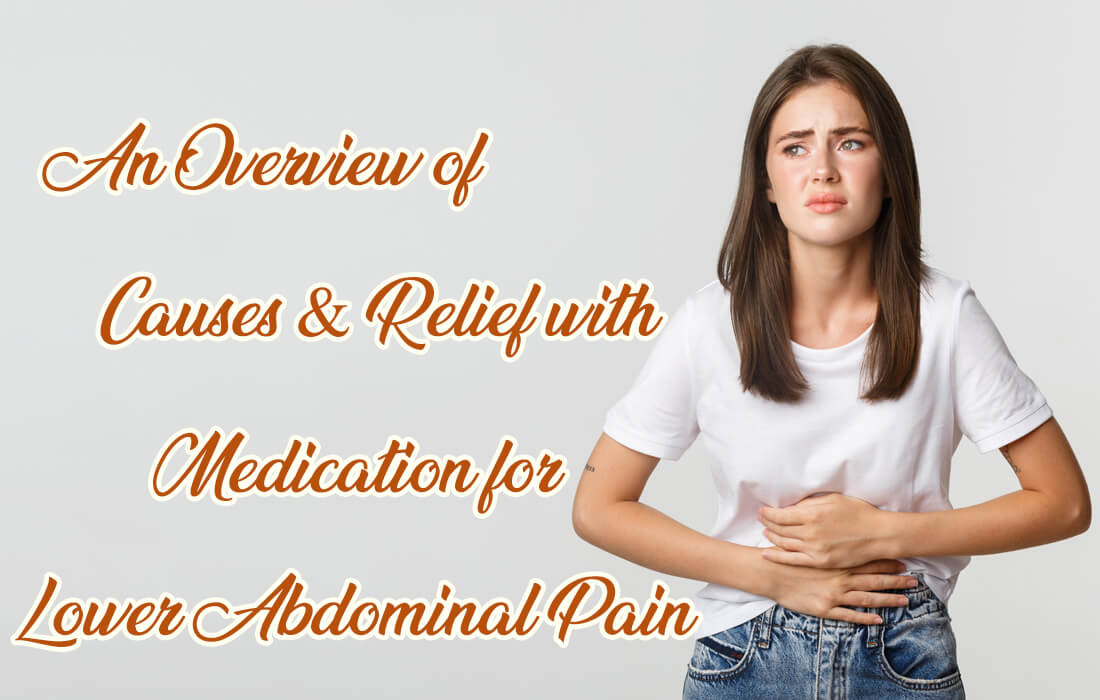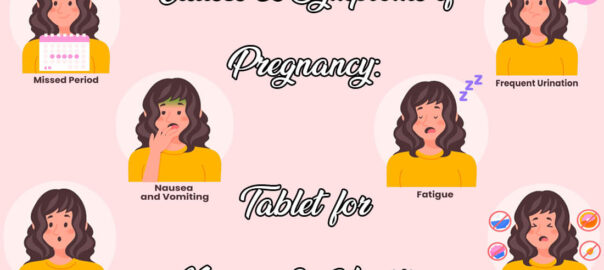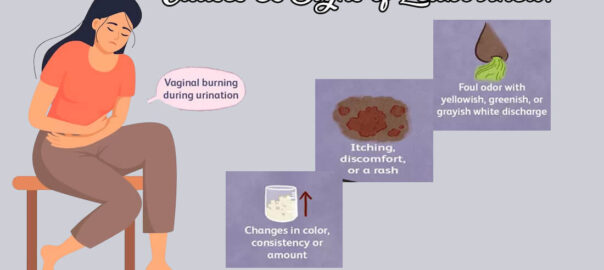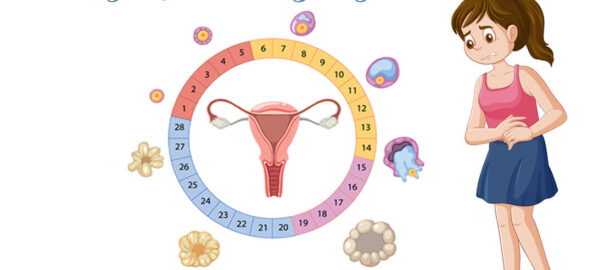
Image by benzoix on Freepik
Abdominal pain is a common ailment that affects almost everyone at some point. Pain in the abdomen can vary from slight discomfort to intense agony and may happen in different parts of the core, such as the stomach, intestines, liver, and spleen. Understanding the causes of abdominal pain is crucial in managing your discomfort. In the blog post, we will discuss what are 5 causes of abdominal pain and the reasons for experiencing abdominal pain and offer suggestions for relieving and managing the discomfort with medication for lower abdominal pain. From irritable bowel syndrome to food intolerances and infections, we will delve into the different causes of abdominal pain to help you identify the source of your discomfort and find effective relief. Join us as we explore the world of abdominal pain and provide you manage your pain and live a more comfortable life.
What is Abdominal Pain?
Abdominal pain in women refers to any discomfort or pain experienced in the area between the chest and pelvis, commonly known as the abdomen. Many women typically experience it during their menstrual cycle. There are various reasons why women may share this type of pain during their menstrual cycle.
Ayurveda has proven to be effective in relieving menstrual pain. Ayurvedic medicine focuses on balancing the three doshas, or energies, in the body. This balance can be achieved through modifications in diet, exercise, relaxation techniques, massage therapy, herbal remedies, or a combination of these methods. Taking a holistic approach to treating menstrual pain, it aims to alleviate relief while promoting overall wellness.
Ayurvedic solutions for abdominal pain can be a helpful traditional option. The remedies such as ginger tea, castor oil packs, or massage therapy can relieve menstrual cramps. By recognizing the various causes of abdominal pain during periods, you can take proactive steps to manage yours effectively.
5 Causes of Abdominal Pain
Understanding the underlying causes of lower abdominal pain is crucial for effective management. Although there are numerous possible causes, let us examine five common triggers.
- Hormonal changes: It can play a significant role in the onset of abdominal pain. It is because fluctuations in estrogen and progesterone levels can cause the uterus to contract, leading to cramping sensations. Additionally, food sensitivities can exacerbate the pain experienced during menstruation. Certain foods, such as spicy or greasy, can trigger gut inflammation, leading to discomfort.
- Menstrual Cramps: Many women experience abdominal pain or cramping during their menstrual cycle. The discomfort called dysmenorrhea is commonly felt in the lower abdomen and results from the uterine muscles contracting to shed the uterus lining. While some women can manage their cramps with hot water bottles or relaxation techniques, others may need to take over-the-counter pain medication to relieve the pain. It’s important to note that while cramping is often a normal part of menstruation, we must take proper care to reduce excessive pain.
- Ovarian Cysts: Cysts can develop in the ovaries and cause abdominal pain, particularly if they become large or rupture. Ovarian cysts are fluid-filled sacs on or within the ovaries, leading to discomfort or sharp pain in the lower abdomen.
- Pelvic Inflammatory Disease (PID): Pelvic Inflammatory Disease (PID) is a well-known infection that specifically targets the reproductive organs of women, including the uterus, ovaries, and fallopian tubes.
- Urinary Tract Infections (UTIs) occur when bacteria enter the urinary system and cause an infection. Along with frequent urination and a burning sensation during urination, UTIs can also lead to lower abdominal pain.
There are also various other reasons why one might experience this type of discomfort, such as:
- Ectopic Pregnancy: A fertilized egg can sometimes implant and develop outside of the uterus, typically in the fallopian tubes. It is an ectopic pregnancy and can cause severe abdominal pain and vaginal bleeding. Ectopic pregnancies are considered medical emergencies and require immediate attention.
- Gastrointestinal Issues: Various gastrointestinal conditions, such as irritable bowel syndrome (IBS), constipation, gas, or gastroenteritis, can cause abdominal pain in women. These conditions often involve discomfort in the lower abdomen and may be accompanied by bloating diarrhoea or constipation.
If you are seeking natural supplements like a medication for lower abdominal pain, that can be a helpful option for you. This traditional Indian medicine is known for its holistic approach to healing and aims to balance the body’s energies to promote overall health and well-being. Overall, understanding the potential causes of abdominal pain during periods can help women take control of their health and manage it more effectively.
How do you relieve lower abdominal pain?
Lower abdominal pain in women can stem from various causes, including menstrual discomfort, reproductive issues, urinary tract problems, and gastrointestinal disturbances. Managing abdominal pain involves identifying the underlying cause and employing appropriate relief measures. Here are several techniques that can help alleviate discomfort:
Menstrual Pain:
- Heat Therapy: For alleviating menstrual cramps, a heating pad on the lower abdomen can be beneficial. This approach assists in relaxing muscles and mitigating pain.
- Hydration: Staying hydrated can help minimize bloating and discomfort.
- Exercise: Engaging in gentle activities such as walking or yoga can enhance blood flow and ease discomfort associated with menstruation.
- Dietary Changes: Reducing salt intake and consuming magnesium-rich foods (e.g., leafy greens, nuts) can help reduce bloating and pain.
- Stress Management: Meditation, deep breathing, and yoga can help manage stress-induced abdominal pain.
Reproductive Issues:
- Endometriosis: If diagnosed with endometriosis, treatment options such as hormonal therapies, pain medications, and sometimes surgery can help manage pain.
- Ovarian Cysts: Rest, pain relief medication, and sometimes hormonal treatments are prescribed to alleviate pain caused by ovarian cysts.
Urinary Tract Problems:
- Urinary Tract Infections (UTIs): Drinking plenty of water to flush out bacteria and taking prescribed antibiotics can help treat UTIs and relieve associated abdominal pain.
Gastrointestinal Disturbances:
- Irritable Bowel Syndrome (IBS): Dietary adjustments (e.g., low-FODMAP diet), stress management, and prescribed medications can help manage IBS-related abdominal pain.
- Gastrointestinal Infections: Rest, hydration, and sometimes antibiotics or antidiarrheal medications can ease infection discomfort.
Pregnancy-Related Pain:
- Round Ligament Pain: Gentle stretching, rest, warm compresses, and good posture can alleviate round ligament pain during pregnancy.
- Braxton Hicks Contractions: Staying hydrated, changing positions, and relaxation techniques can help ease these practice contractions.
Pelvic Inflammatory Disease (PID):
- A bacterial infection that impacts the reproductive organs, PID necessitates antibiotics and potential hospitalization in cases of heightened severity.
Conclusion:
Therefore, it is crucial to be mindful of recurring or intense abdominal pain during periods. With proper care, the discomfort can be managed, leading to a more comfortable menstrual cycle. It’s common for women to have stomach pain during their periods. The causes can be different, like menstrual cramps or issues with digestion. It’s important to find out what’s causing the pain so you can get the right treatment. Go for natural medicine to get relief from long-lasting pain. Remember, you don’t have to keep quiet about the pain. Get help if needed, and take care of your body during your menstrual period.










